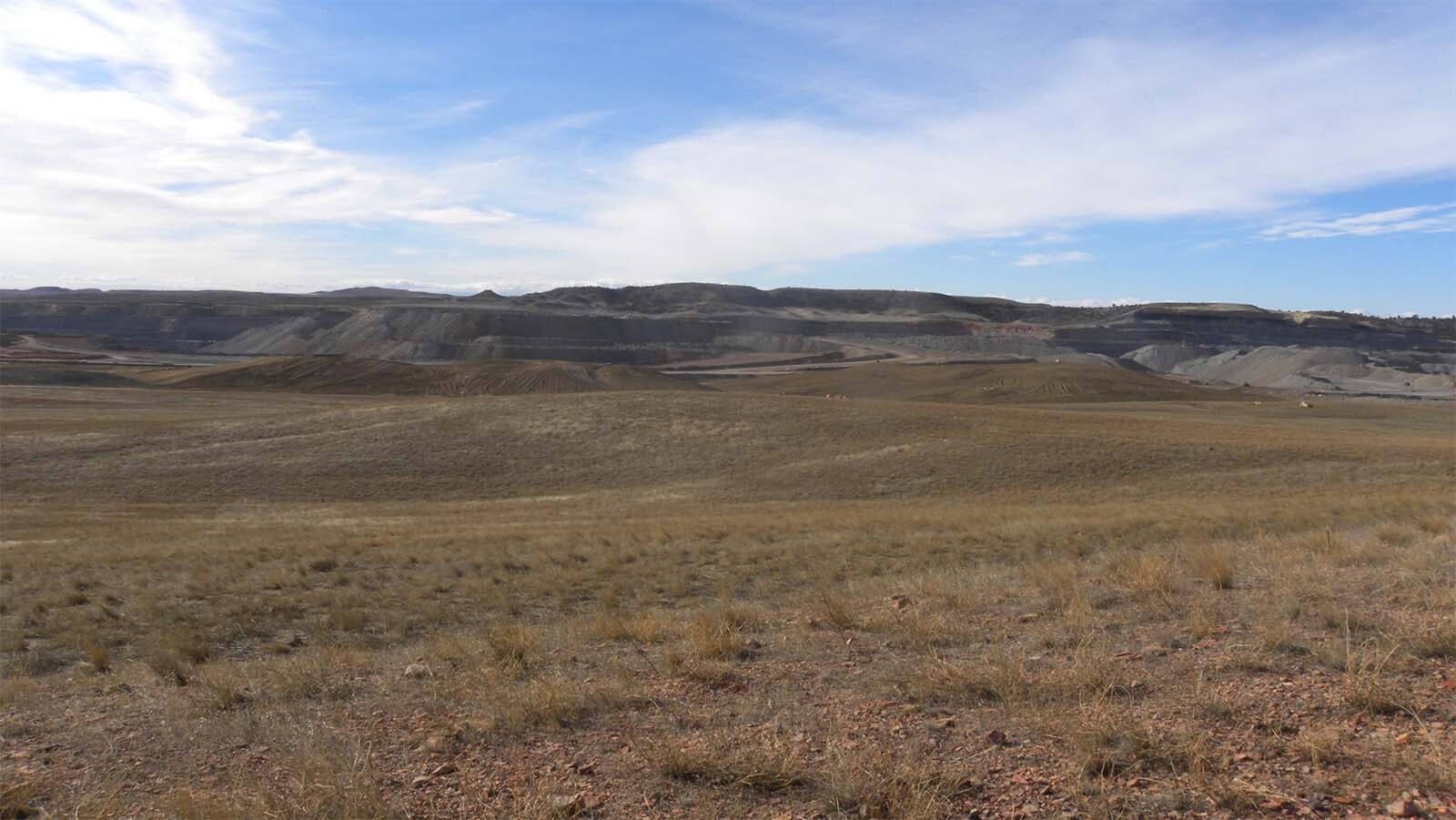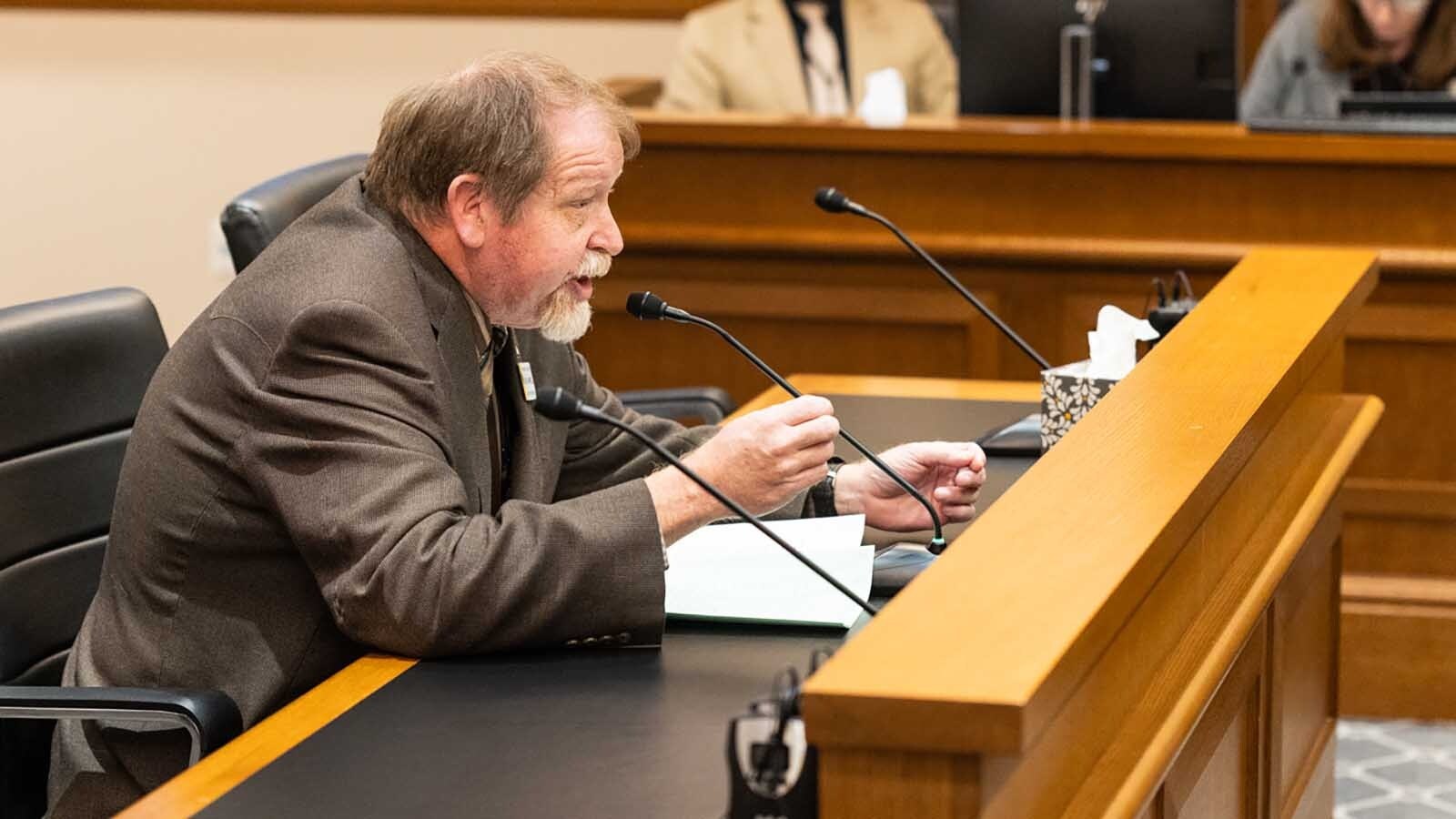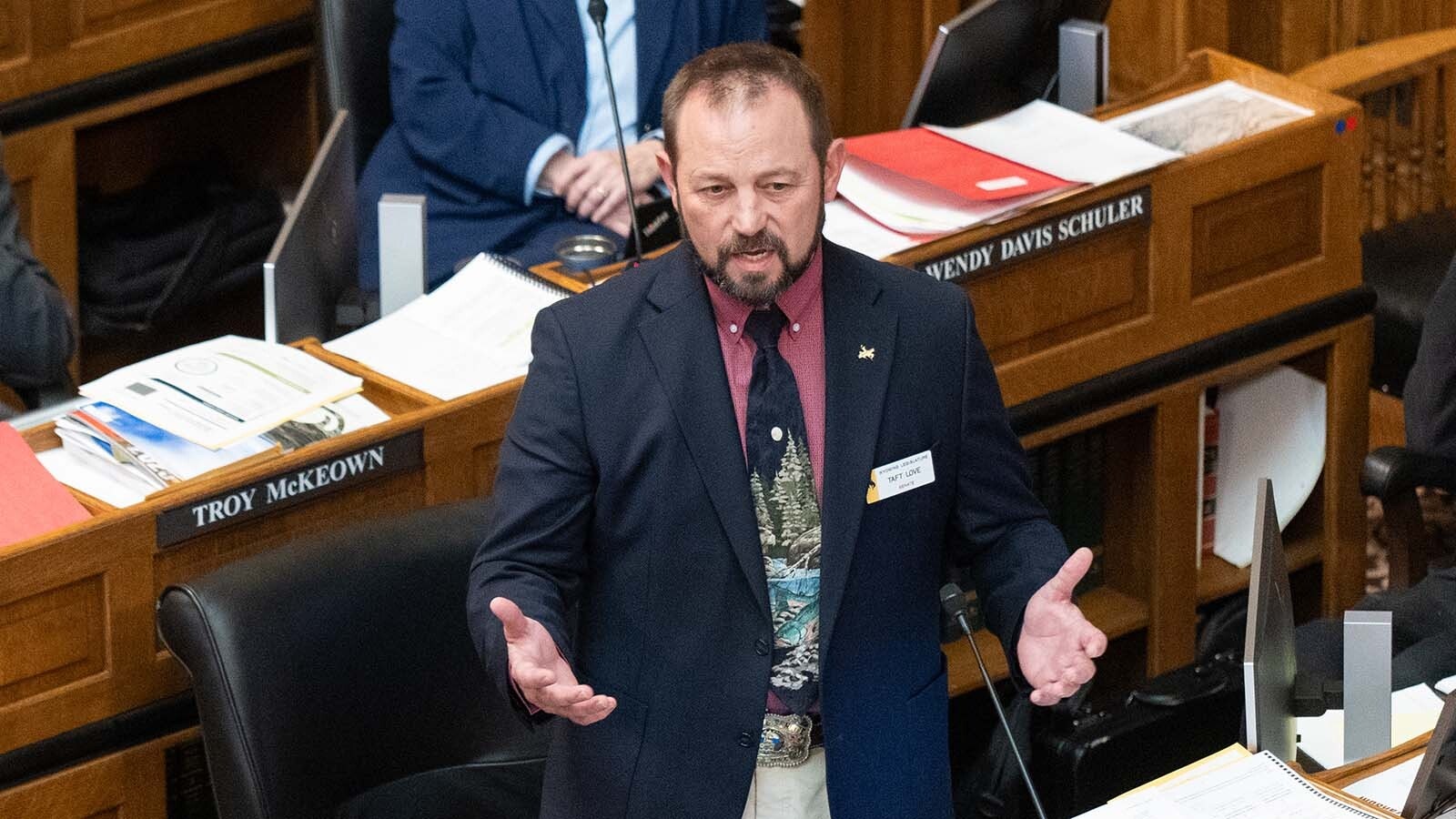While efforts are moving forward to reverse part of a Biden administration rule that would end mining coal in Wyoming’s Powder River Basin by 2041, Montana faces a similar fight.
Montana's entire congressional delegation has introduced legislation to overturn a Biden-era decision that effectively bans new coal leasing on nearly 2 million acres of federal land in eastern Montana.
U.S. Sens. Steve Daines and Tim Sheehy, along with U.S. Reps. Troy Downing and Ryan Zinke — all Republicans — introduced a resolution under the Congressional Review Act to disapprove and remove the Bureau of Land Management's 2024 Miles City Resource Management Plan Amendment.
The plan prohibits new coal leasing within the Miles City Field Office planning area, which encompasses the heart of Montana's coal country in the Powder River Basin.
The Miles City RMPA, finalized in November, makes 1,745,040 acres of BLM-administered coal unavailable for further consideration for leasing. It’s similar to the Buffalo Resource Management Plan that wants to do the same for coal leasing in the Wyoming PRB.
The decision was made in response to a federal court order requiring the BLM to complete new coal screening that considers no leasing and limited coal leasing alternatives, and to disclose public health impacts of burning fossil fuels.
The Powder River Basin spans both Montana and Wyoming and makes up about 85% of federal coal production and 40% of all coal production in the United States.
Since 2008 — the year of the Powder River Basin's peak production — demand for coal has been on the decline, according to the Energy Information Administration.
"Energy security is national security, and Montana's mining industry plays a vital role in ensuring America remains energy dominant," Daines said in a statement. "The Miles City RMPA halts all future coal leasing in the region and will cause hardworking Montanans to lose their jobs.
“Moreover, the plan will stifle our state's growing economy and increase our dependence on foreign nations for coal and energy production."
The resolution would allow President Donald Trump to move forward with what Daines characterized as "a made-in-Montana and made-in-America energy policy."
Sheehy echoed those sentiments, calling for an end to "Biden-era, job-killing, environmentalist mandates."
"As we work to unleash Montana energy, we must support Montana's resource economy in building a successful future, creating jobs, and powering America," Sheehy said. "Montanans voted to make America energy dominant so we can bring down prices for families and boost real wages for the hardworking Americans who keep our economy running."
Downing, whose Second Congressional District includes the Miles City BLM office, characterized the Biden administration's plan as "an outright ban on coal leasing in the Powder River Basin."
"Montana's Second Congressional District keeps the lights on in the Treasure State," Downing said. "I'm proud to lead this CRA in the House to reverse this disastrous management plan amendment that threatens access to affordable, reliable energy and investment in the communities I represent."

Western Battleground
The Miles City debate is part of a broader struggle over Biden-era resource management plans across the West that restrict energy development. The Trump administration has already moved to reverse several of these plans, while a number of conservation groups fight to preserve them in federal court.
In Wyoming, the state is pursuing a lawsuit to overturn the Biden administration's Buffalo Field Office Resource Management Plan, which affects 481,000 acres of subsurface federal mineral coal estate with 48.12 billion short tons of unleased recoverable federal coal.
Environmental groups, including the Sierra Club, Center for Biological Diversity and Earthjustice, were granted permission in June to join that lawsuit to defend the Biden-era restrictions.
According to court documents, in 2022 alone, coal mining from the Powder River Basin resulted in $13.77 million in ad valorem taxes, $153 million in severance taxes and $183 million in Wyoming's share of federal mineral royalties that support schools, local government and state infrastructure.
The Trump administration has also already shut down the controversial Rock Springs Resource Management Plan.
Interior Secretary Doug Burgum halted that plan in February, which Sweetwater County officials said would have had "devastating effects on the local economy" that relies heavily on energy and tourism.
Burgum was granted authority to review and revise all resource management plans under President Trump's executive orders aimed at boosting energy production.
"The Golden Age is here, and we are starting to 'mine, baby, mine' for clean American coal," Burgum said.
Environmental groups argue that the Biden-era rules need to stand because of climate change concerns and public health impacts.
They successfully sued BLM at least twice before over inadequate environmental reviews of coal development's "downstream" impacts — air pollution and climate effects from burning coal for electricity generation.
Early Opposition
The recent resolution aimed at the Miles City RMP comes more than a year after Daines initially raised concerns about the proposed coal restrictions.
In June 2024, Daines sent a letter to President Biden's Bureau of Land Management demanding withdrawal of amendments to both the Miles City and Buffalo resource management plans.
"I am strongly opposed to the Bureau of Land Management's (BLM) proposed amendments to the Miles City Field Office and Buffalo Field Office Resource Management Plans (RMPs) and urge you to withdraw them," Daines wrote in his June 18, 2024, letter. "President Biden has made clear that he opposes coal mining and coal-fired energy generation regardless of the cost to rural America and electric reliability."
In that letter, Daines warned that the proposed moratorium would "destroy jobs in these rural states and harm our nation's energy security," noting that coal production is a major economic driver in Montana and Wyoming.
"BLM's own analysis on these two proposed amendments acknowledges that ending coal leasing means foregoing thousands of potential mining jobs and a significant revenue stream to the states," Daines continued. "This revenue from the federal coal leases is used by the states and counties to support schools, repair roads, and provide essential services to rural communities."
BLM Response
Brittany E. Jones, chief of communications for the Bureau of Land Management Montana/Dakotas, told Cowboy State Daily that the agency does not comment on pending legislation or resolutions.
However, she noted that in response to recent executive orders, "the BLM is actively evaluating potential updates to coal leasing in the Miles City Resource Management Plan and Buffalo RMP.
“These updates may identify new areas in Montana and Wyoming that could be suitable for future coal leasing, pending the outcome of ongoing public comment and environmental review processes."
Tom Baratta, who lives 7 miles from the Signal Peak Mine in Montana's Bull Mountains, said he’s not confident any forthcoming public review process will adequately consider the concerns of locals like himself.
Baratta followed the development of the Miles City Resource Management Plan. He said the RMP represented a sensible approach to energy development that wasn't a complete exclusion of coal production.
The RMP allows for existing mining operations at the Rosebud Mine until 2060 and Spring Creek Mine until 2035.
"What it was looking at was a forward-looking policy on how we get energy now," Baratta said. "While it looked at the industry, coal production in Montana has declined, I think since 2014. It was looking at producing energy in more renewable and more environmentally sound ways.”
Baratta pointed to the efforts to fast-track coal production on federal land and worried about having his voice heard, stating, “I'm not confident that there will be a fair and adequate window for comments."
David Madison can be reached at david@cowboystatedaily.com.





